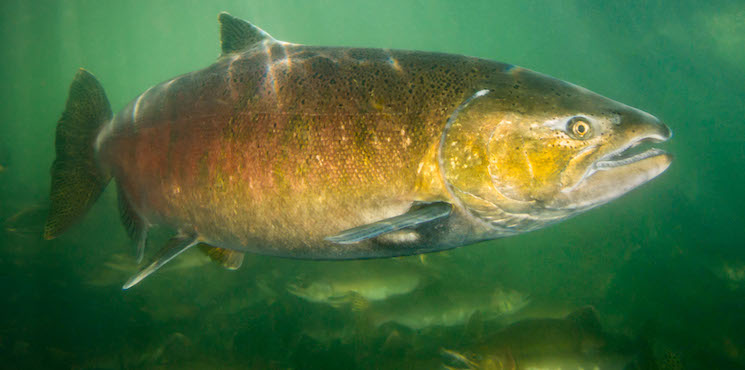
Guest Post from the West Coast Fishing Guides Association
Many recreational anglers are deeply concerned that a Department of Fisheries and Oceans (DFO) proposal scapegoats BC’s public recreational fishery, and would have devastating consequences to the local economies of small coastal communities, and endanger 9,000 jobs in this sector. We encourage the Federal Government to adopt a balanced recovery strategy and make bold investments to address the impacts of climate change to recover Fraser River Chinook stocks of concern. The recently announced BC Salmon Restoration and Innovation Fund is a good start, but much more investment is required to address the impact of climate change. Many in the recreational sector strongly believe a balanced recovery approach is needed—without strong investment in habitat and enhancement, selective fishery restrictions will not adequately address the issues preventing recovery of these stocks of Fraser Chinook.
Option A Means Closure
The DFO Option A proposal, if adopted, would see recreational fishing for Chinook salmon closed on both the east and west coasts of Vancouver Island. The social and economic cost will harm the thriving tourism and marine sectors, which according to a 2016 BC Stats study released in 2018 accounts for $1.1 billion in annual revenue, $389 million in real GDP, and 9,000 direct jobs. BC’s public recreational fishery delivers these benefits, and yet harvests less than 15% of halibut and 10% of coast-wide salmon.
Option B Means Balance
Careful management of the public recreational fishery has selectively allowed stocks of concern to successfully pass through specific areas at times scientific research tells us those stocks are present. Broad-brush closures are not an effective and balanced approach. DFO Science has modelled a second Option B proposal that allows for greater retention fisheries opportunities in specific areas and times where Fraser Chinook are known to have very low encounter rates. The difference in Exploitation Rate (ER) of Fraser Chinook based on DFO Science modelling determined there is only a 0.8% increased ER. Option B would strike a balance between protecting stocks of concern and allowing retention fisheries that have limited encounters and impacts, which generate significant social and economic benefits.
Chinook Drive Tourism
The Chinook fishery is the engine that drives tourism in our region; if it is closed there will be severe consequences impacting 9,000 west coast jobs. Surely these western jobs must matter as much as 9,000 eastern Canada jobs at SNC Lavalin—we need this government engaged on a policy level to ensure western jobs garner the same political intervention.
What is the Pathway Forward?
We know from efforts to rebuild Cowichan River Chinook that there is an effective alternative model. The Cowichan River Chinook stock has been rebuilt from 1,000 to more than 25,000 returning adults in 2018. The Cowichan model engaged local stakeholders who worked to complete habitat improvement projects in concert with a small hatchery and very selective fishing restrictions.
Fraser River Chinook Will Not Recover Through Fishing Restrictions Alone
We know that climate change is severely impacting wild salmon survival in the freshwater environment. A Cowichan model is required to bring robust investment in habitat and enhancement. At one time, hatcheries in the Upper Fraser and Thompson produced 11 million Chinook smolts. At today’s marine survival rates, that would have returned between 100,000 and 200,000 Chinook, which would provide prey for Southern Resident Killer Whales (SRKW), and create fishing opportunity for recreational, First Nations, and commercial fishers. Today there are less than 1 million Fraser/Thompson Chinook smolts produced, and nearly all facilities that once existed have been closed due to budget cuts.
Call to Action
We encourage recreational anglers to write letters or use social media to call for Fisheries Minister Wilkinson to protect BC’s valuable public recreational fishery and make more significant investment in habitat and enhancement. Fishing restrictions are simply not the answer. A balanced and well-resourced recovery strategy is the answer. We can have a strong economy and balanced protection measures that recover Chinook stocks of concern.
If you are not sure what course of action to take, please use the comment section below.
One Comment
Leave A Comment
Visit the Store
$34.99
$34.99
Featured Catch
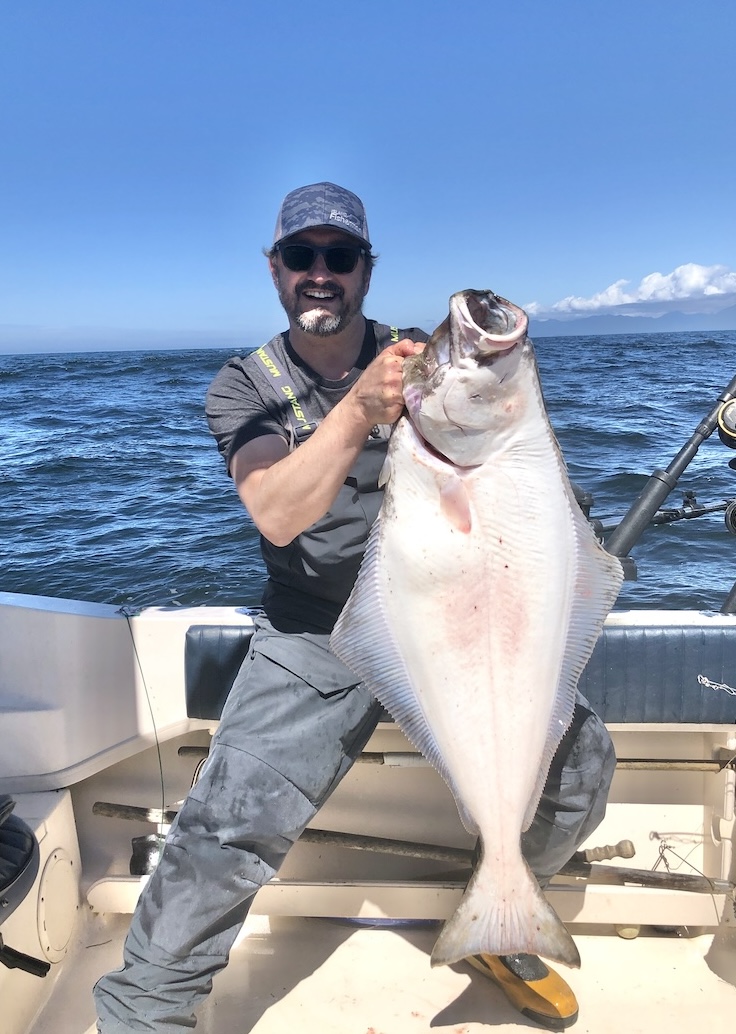
Joel Unickow halibut (Photo: Rob Frawley Lucky Strike Sportfishing Tofino)
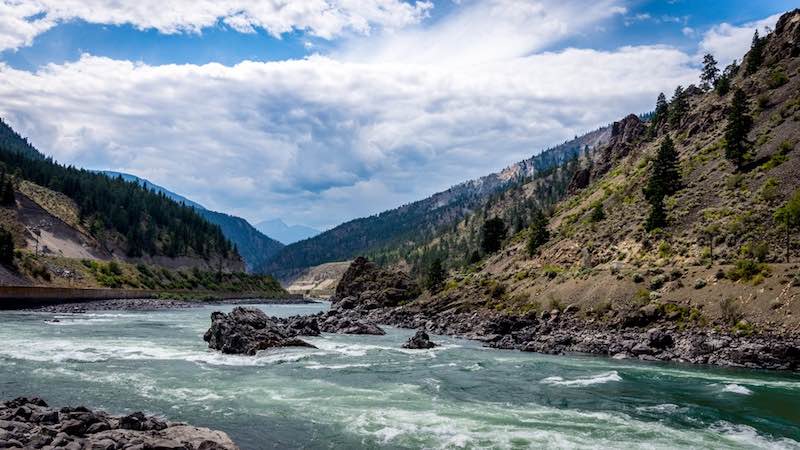
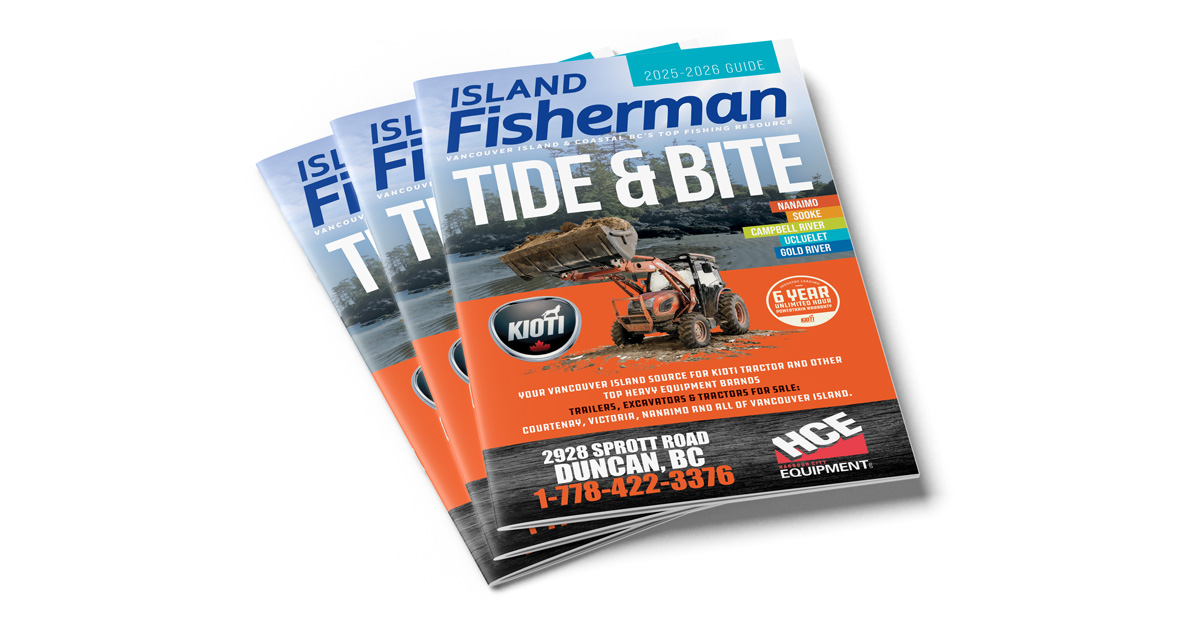
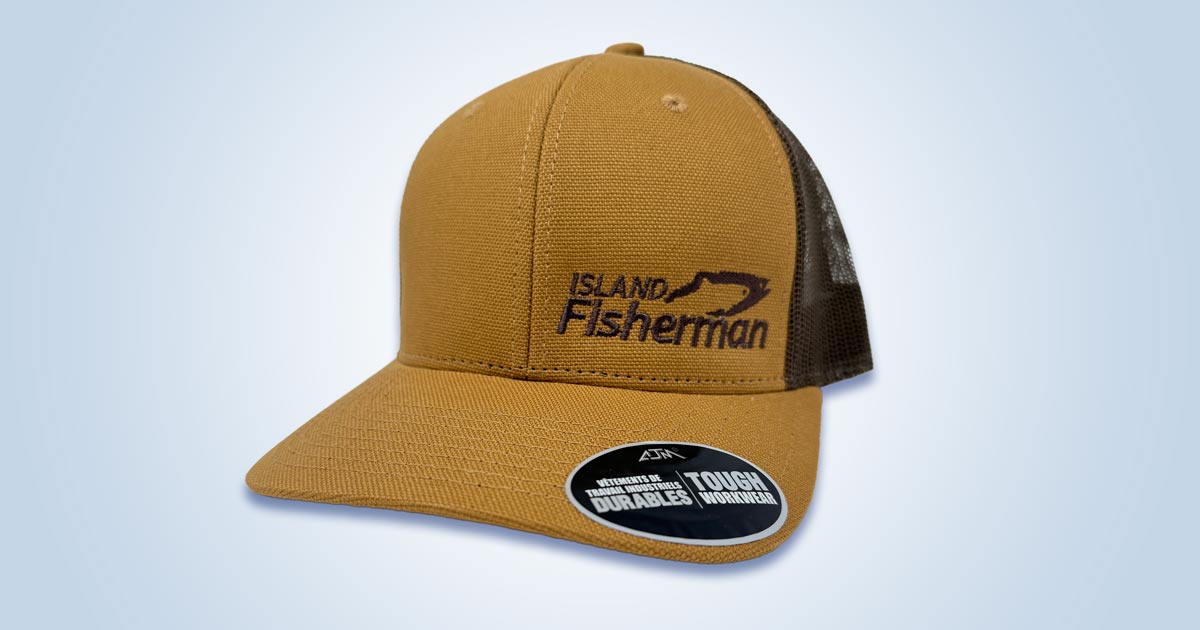

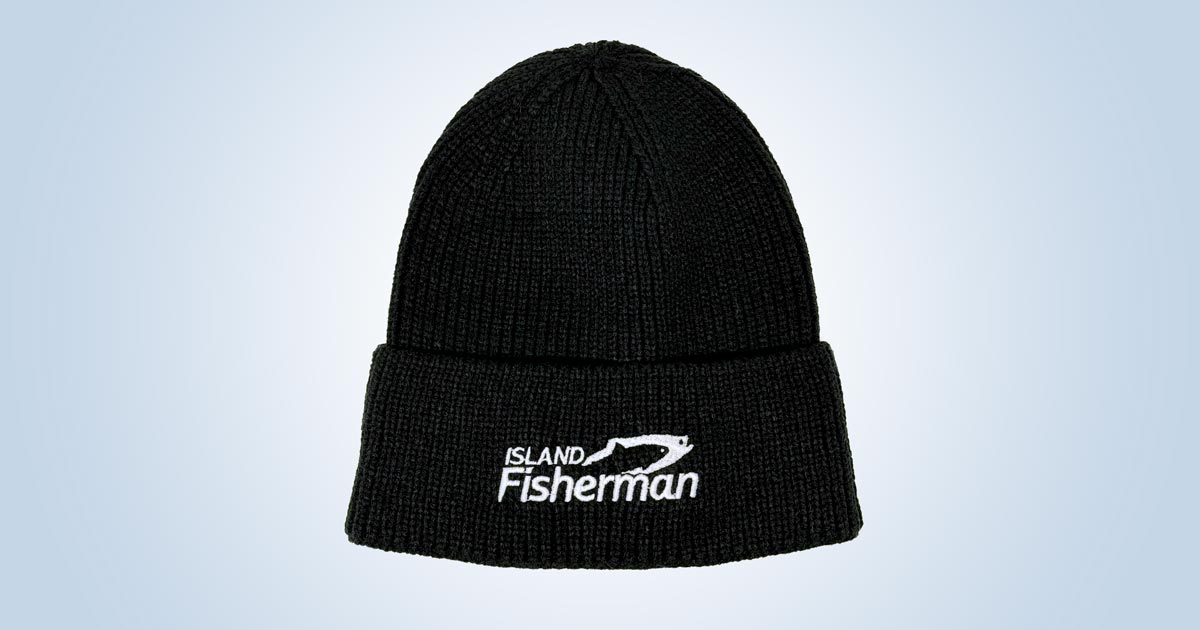
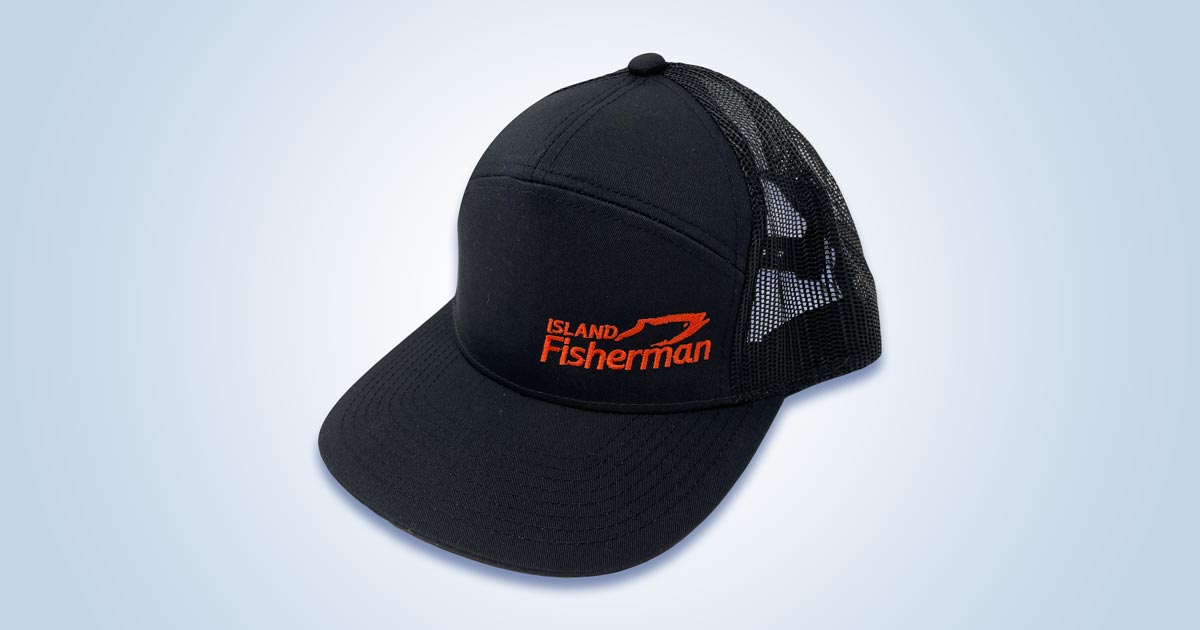
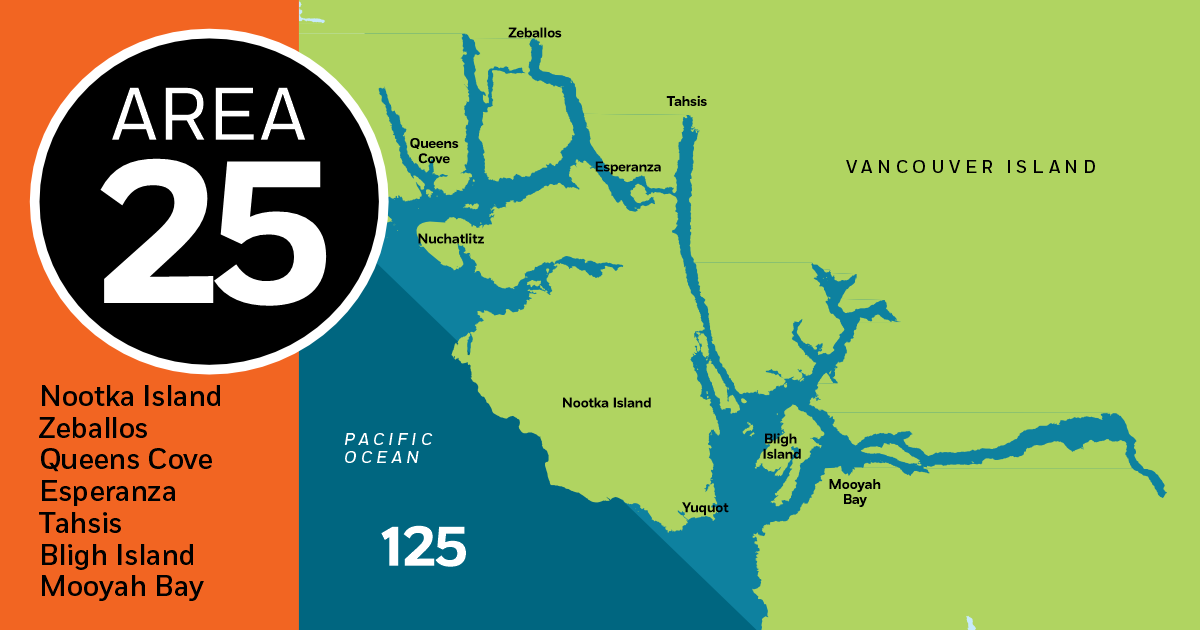
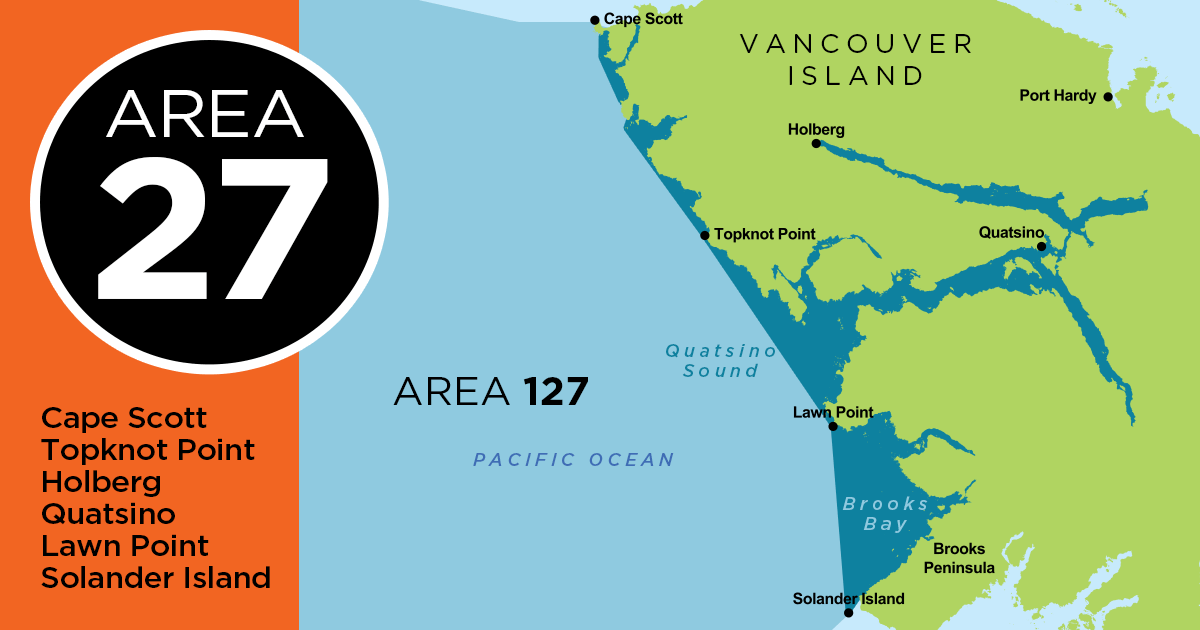
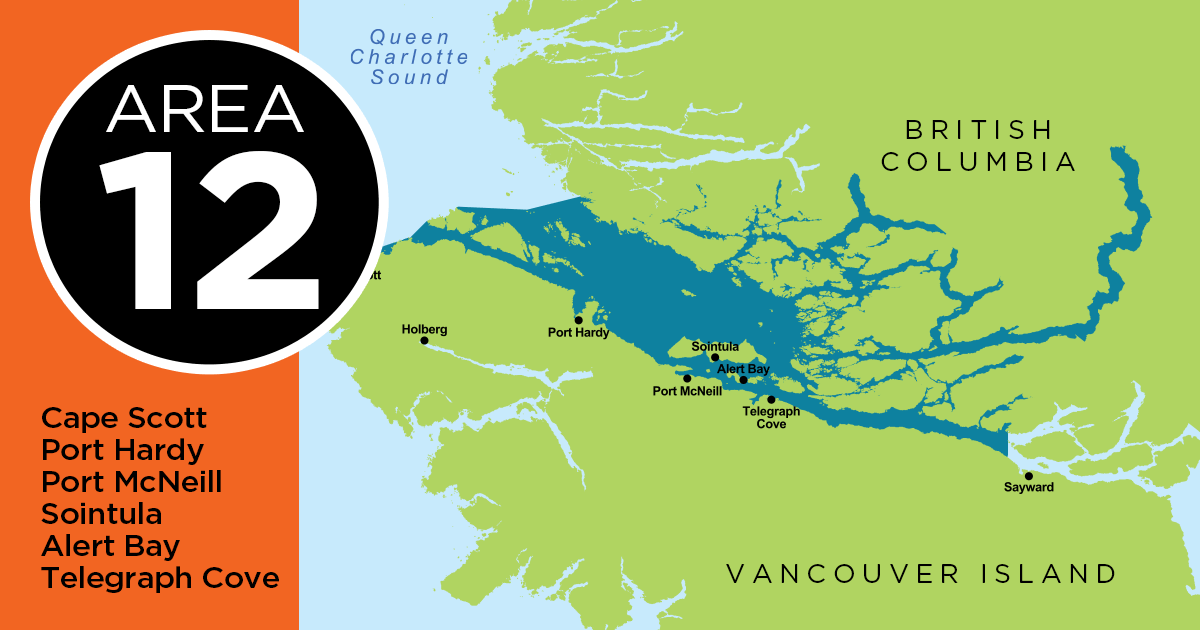
You talk about recreational fisheries. What are the stats on both commercial and native fisheries? We need to know the whole picture to make an informed comment